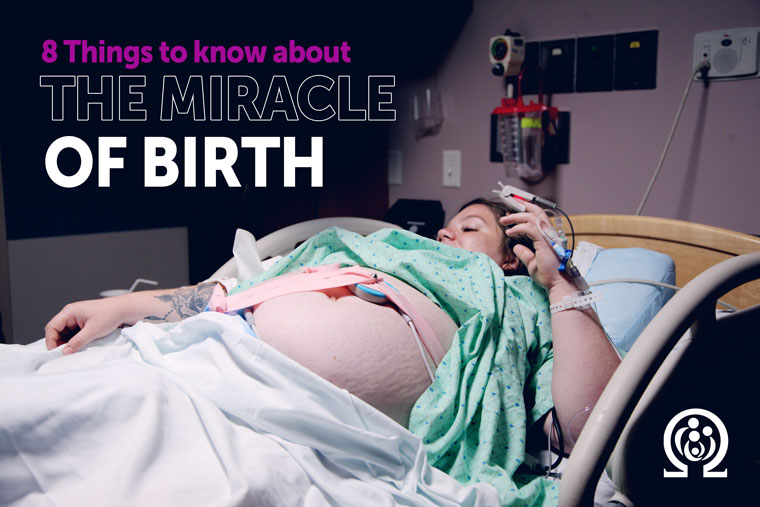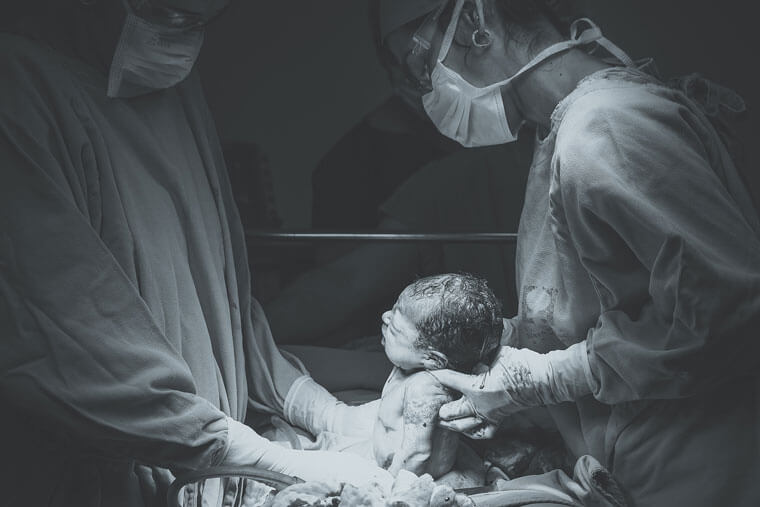Giving birth
Becoming a mother for the first time can be scary. For starters, you don’t know what to expect during the pregnancy and much less during birth. There are a lot of things that rush through your mind and lots of things you may read about from books or the internet, and let’s not forget all the things you may hear from your friends or people you may know. To be a Surrogate, you must be a mom first, and this way you already know what to expect during your pregnancy. Although you have experienced birth, there are so many misconceptions about birth that you may or may not know already. This is what we are here for.
The epidural
One of the first things that most pregnant women think of once they find out they are pregnant is, “I am getting the epidural!,” because you’re most likely not to want to feel the pain of labor. An epidural injection is a type of anesthesia given during childbirth that numbs your spinal nerves and prevents pain signals from traveling to your brain. It usually begins to work in about 10 to 20 minutes. Some women decide not to have it because of where it must be injected: the epidural injection goes into your “epidural space”, which is right outside the membrane that protects your spinal cord. Another belief about the epidural injection is that it increases your chances of having a cesarean, but the truth is that there are always risks and side effects associated with having an epidural, but they don’t appear to make a C-section more likely. So, whether you opt for an epidural or not, do what you feel is right for you.
Natural remedies to induce labor
We have all heard about natural remedies to induce labor, and when desperation hits, you are willing to try just about anything. Some of the most common things we´ve heard are:
- Walking
- Having sex
- Eating spicy food
- Nipple stimulation
- Drinking castor oil – keep in mind that this can also bring on nausea, diarrhea, and vomiting, which can result in dehydration.
- Acupuncture (This can help with relaxation and pain management during childbirth)
Actually there are no proven methods that are guaranteed to work; remember that the baby will come when he/she is ready. (Please ALWAYS consult with your OBGYN before trying anything).
Vaginal birth or C- Sections
When the time comes for you to give birth to your baby, the method in which you will deliver your baby goes through your mind. When and if circumstances do not allow you to give birth to the baby vaginally, a C-section is taken into consideration. Most of us usually think to ourselves, “I do not want to have a C-section because once you have one you can’t have a baby vaginally.” The truth is that, depending on the circumstances that led to your having a C-section, you can usually give birth vaginally later. What you must consider when you willingly decide to have a C-section is that the recuperation is harder, given that it is major abdominal surgery and there may be complications. Always opt for the option that is healthier for you and the baby.
Double the blessing!
Being blessed with a child is a great gift; being blessed with two or more at once is even greater. You sometimes hear that having twins means having a C-section, but as long as the first baby to be delivered comes out head first, then you are good to have them all vaginally, which is safer than a C-section.
Coffee is life!
One thing you probably hear is that once you are pregnant you should stop drinking coffee, given that caffeine increases the probability of having a miscarriage. But as long as you control your caffeine intake to 200 milligrams a day, then you do not have to worry unless your doctor advises no caffeine. (Again, ALWAYS consult with your doctor first). So if you have no more than two cups of coffee a day (not two huge cups) or anything containing caffeine, you will be fine.
‘Good childbearing hips’
You may have heard the expression ‘good childbearing hips,’ implying that the wider the hips, the easier it is for you to have birth. But the truth is that a woman’s hip size won’t really contribute to having an easier birth. The only one who can tell you about your gynecological structure is your obstetrician. A woman’s pelvis is not a solid bone; it is made up of ligaments and several bones that are designed to move and loosen as soon as you are ready to give birth. The other thing you may have heard is that the size of your baby will make giving birth more or less painful, but the baby’s skull bones are not fused together yet, which allows them to fit into and move through the birth canal for you to feel less pain while you give birth. Adding to that note, your birthing position can make a big difference: one of the positions women usually find more comfortable than lying down is either squatting or being on all fours.
Birth planning!
It is better to plan for different scenarios because sometimes things do not go as planned, and birth is not something to take lightly. The way you must think about this is as a strategy; plan, discuss, and debate on all options to make the right decisions. This way when the time comes, doctors and nurses must respect your wishes on how you want things done. Always leave your options open, like at first not wanting an epidural but then changing your mind, or planning on a vaginal delivery that might end up in an emergency C-section.
Water births?
When it comes to giving birth, there is not really a right way or wrong way to do it; you should choose what is right for you and whatever makes you the most comfortable to bring this beautiful baby into this beautiful world. Some studies show that water birth does not improve your or the baby’s medical outcome. With the help of warm water, you feel more relaxed, as well as more in control. Floating in water makes it easier for you to move around than being on a bed, and according to science, being in water may give you a lower chance of severe vaginal tearing, which is great news!
The Surrogacy Journey means always learning new things, especially when it comes to something as important as bringing life into this world, even though it’s somebody else’s baby. The new things you’ve learned do not mean that your journey of giving birth was imperfect in any way; what is important at the end of the day is having both you and that beautiful baby healthy.






